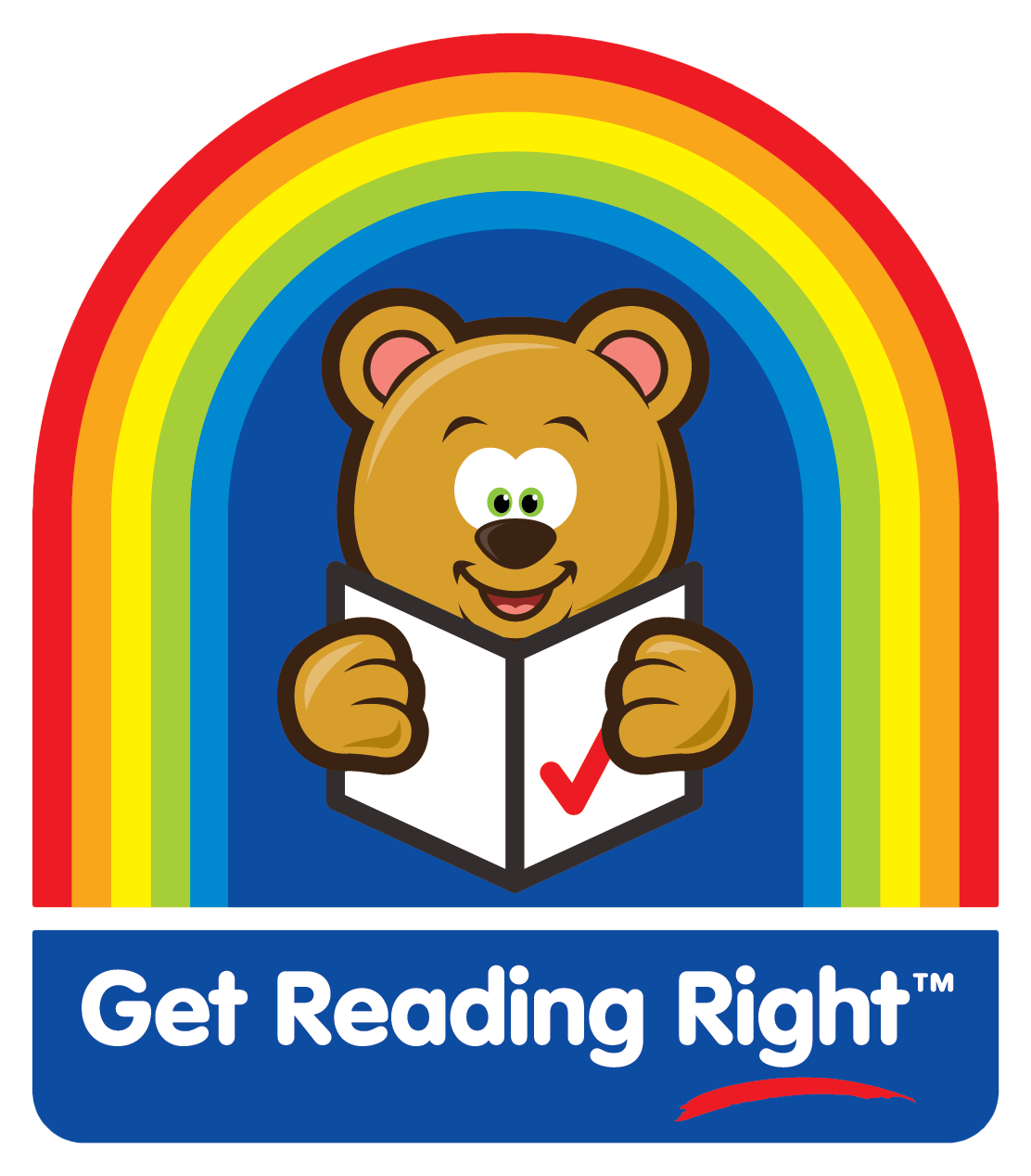Camera Words
Not all words can be decoded — but so many can. With early reading and spelling, we concentrate on the ones that can. For the rest, we teach children to photograph them with their mind’s eye.
What Are Camera Words?
Camera words are high-frequency words in English that children want to use in their speech and writing but can’t yet decode — words like was, the and friend.
We call them camera words because children learn them as though they’re taking a photo of the word with their mind’s eye. They’re encouraged to memorise the part of the word that’s tricky.
Knowing a small bank of these words helps children begin to read and write sentences that make sense — and encourages them to communicate in writing right from the start.
Remember
Very few words need to be learned by sight. Most English words are decodable, and as children’s phonics knowledge grows, even many camera words become decodable with more advanced code knowledge.
How We Teach Camera Words
Camera words are taught alongside your phonics lessons as part of a structured routine:
Just like the phonics lessons, camera word lessons are taught in a fun and lively way — with games like Photographer, Snap and Pairs, all included in The Synthetic Phonics Toolkit.
The Practice Books include a camera book for each unit, giving children plenty of extra practice at recognising and spelling these tricky but essential words.
Camera word lessons are built into the Toolkit.
No separate program needed — it’s all part of the structured lesson sequence. Browse our resources or get in touch to learn more.
